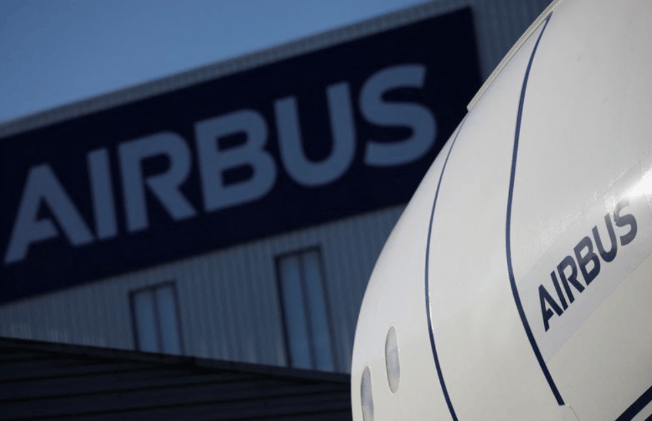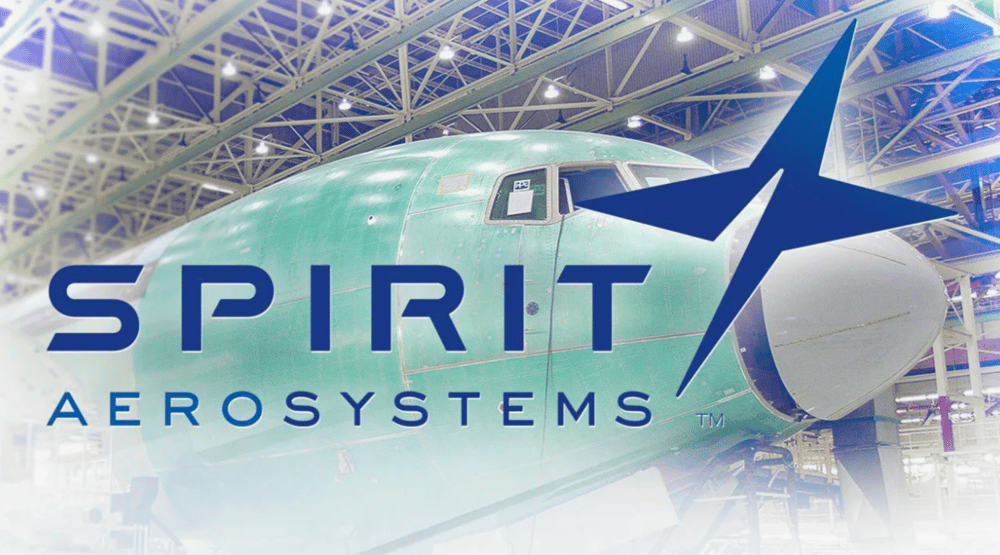Airbus Finalizes Spirit AeroSystems Acquisition Amid Industry Realignment with Boeing
In a strategic move signaling deeper shifts within the global aerospace sector, Airbus SE $AIR.PA has finalized an agreement to acquire specific assets from Spirit AeroSystems Holdings, Inc. $SPR. This transaction, completed on Monday, underscores ongoing realignment efforts between Airbus and its chief competitor Boeing Co. $BA, as both giants navigate operational restructuring and geopolitical sensitivities.
The acquisition comes nearly a year after Boeing announced its decision to reacquire its former subsidiary, Spirit AeroSystems, for approximately $4.7 billion, aiming to regain tighter control over critical fuselage production. Meanwhile, Airbus will absorb Spirit’s unprofitable European operations, a move viewed as essential for stabilizing supply chains but raising concerns among labor unions, particularly regarding politically sensitive jobs in Northern Ireland.
Strategic Shifts Behind the Airbus-Spirit Agreement
The transaction between Airbus and Spirit AeroSystems is shaped by a convergence of strategic imperatives:
Supply Chain Stability: By taking direct ownership of Spirit’s European plants, Airbus aims to reduce vulnerabilities in its production ecosystem.
Cost Management: Absorbing loss-making units enables better control over financial liabilities associated with key supply partners.
Operational Streamlining: Airbus seeks greater oversight of component manufacturing critical to flagship models like the A320 and A350.
Competitive Dynamics: The move responds to Boeing’s parallel efforts to secure its fuselage supply, reasserting balance between the two aerospace leaders.
Political Considerations: Securing jobs in Northern Ireland carries broader political ramifications amid ongoing regional sensitivities.
This targeted acquisition reflects Airbus’s broader strategy of fortifying its operational base during a period of industry-wide transformation.

Critical Industry Impacts Taking Shape
Beyond the immediate scope of the Airbus-Spirit deal, several broader impacts are now rippling across the aerospace sector:
Labor Market Concerns: Workforce unions have voiced apprehensions over job security in politically sensitive areas like Belfast.
Supply Chain Consolidation: Both Airbus and Boeing are moving toward greater vertical integration to shield themselves from supplier disruptions.
Financial Rebalancing: Spirit AeroSystems’ divestitures will likely alter its long-term revenue streams and financial profile.
Competitive Repositioning: Closer integration between manufacturers and key suppliers may shift competitive advantages in aircraft production.
Geopolitical Sensitivities: Employment decisions tied to aerospace facilities carry heightened political stakes, particularly in regions with historical tensions.
The aerospace industry's current restructuring wave is not merely about operational efficiency; it is also tightly interwoven with regional political dynamics and global market positioning.
Conclusion: Strategic Realignment Accelerates
Airbus’s acquisition of select Spirit AeroSystems assets signals an era of more direct control over critical supply chain nodes as the aerospace industry grapples with post-pandemic recovery, geopolitical uncertainty, and fierce competition. As Airbus and Boeing recalibrate their manufacturing footprints, the ripple effects are set to redefine employment landscapes, supply chain practices, and competitive balances for years to come.















Comments